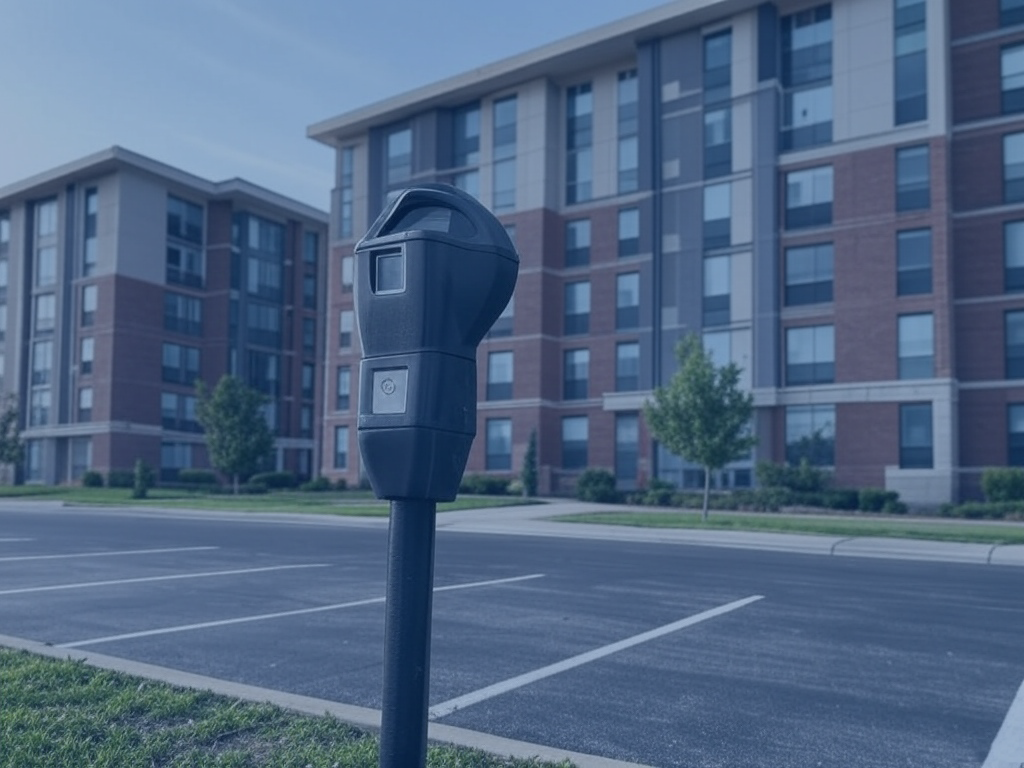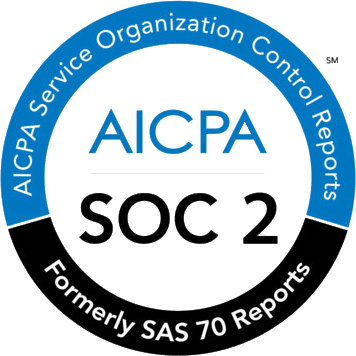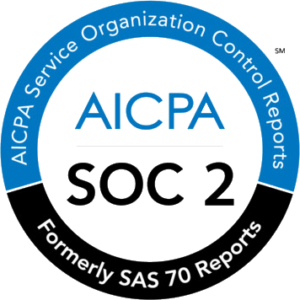Table of Contents
ToggleSummary
- Flexible working hours offer employees the option to work outside of traditional working times.
- By embracing flexible working hours, businesses can reduce their need for parking spaces, saving them thousands of dollars each year.
Flexible working hours offer employees the option to work outside of traditional working hours.
This can improve employee’s morale, as they can have freedom to work the hours that suit them.
Traditional 9-5 working times don’t suit everyone. If you embrace this idea, within reason, you could have a happier workforce and it can also help you reduce your facilities budget.
That is because, with the right policies, there is no reduction in the work that is being done and your staff are not all looking for car spaces at the same time of the working day.

How to encourage flexible working hours
Raise Awareness
You can promote a more flexible approach to working hours by simply raising awareness about it.
You can do this by hosting informational meetings, sending out newsletters, or posting flyers in common areas. Generally speaking, there will be some staff who will embrace it and others who will prefer to stick with traditional practices.
Keep policies goal orientated
With most workplaces, there are aims which have to be achieved for that business to be successful.
If it is possible for staff to achieve these goals without working traditional hours, then why not allow it? If the regular 9-5 doesn’t work for somebody, why lose out on their skillset?
By keeping policies goal orientated, you can ensure that there is no drop off in workflow. At the same time, you are allowing your staff more freedom.
Boost employee retention & morale with parking benefits
Discover how Wayleadr's parking benefits can help you improve employee retention and morale
Learn MoreImproving the locality near your business
When everyone is working the typical 9-5 working day, rush hour traffic can be manic and staff end up sitting in their cars for far too long. This congestion leads employees and your organization having a larger carbon footprint.
If you can organize a more flexible outlook on working hours, perhaps introducing a hybrid schedule for some, and for others, non-traditional hours, it could be beneficial. This is because you will help reduce the traffic in your locality during peak times, which can have a massive social and environmental benefit to the area.

Automate parking
Last mile automation is a great way to take the guess work out of parking for those who aren’t working traditional hours.
For instance, with pre-booking systems, employees can plan their commute with the knowledge of a guaranteed parking space waiting for them when they arrive. If you offer flexible working hours, staff can then look at the times when they know they will have a space and this takes some of the drama and frustration out of travelling to work.
Set perimeters around time
Staff should still have a set amount of hours they have to work in a given week and these hours still need to be spread out. This is because it is important any flexible working options you supply prioritize employee’s welfare.
For instance, you could give staff the option of starting their seven hour day any time between 7am and 10am.
However, a flexible option that could have detrimental affects would be allowing your staff to lodge their 38 hour week at any time during the week. This is because some staff could overdo it, working too many hours in a row to catch-up on time.
Flexible working hours can help your company and staff, especially if you put the right software and policies in place. However, it is also important that it is monitored and that the correct perimeters are in place.












